Search
Remove Ads
Advertisement
Summary
Loading AI-generated summary based on World History Encyclopedia articles ...
Answers are generated by Perplexity AI drawing on articles from World History Encyclopedia. Please remember that artificial intelligence can make mistakes. For more detailed information, please read the source articles
Search Results
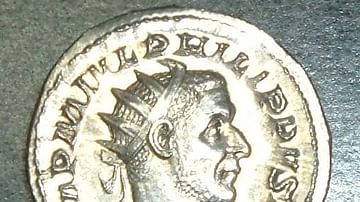
Definition
Philip the Arab
Philip the Arab ruled as emperor of the Roman Empire briefly from 244 CE to 249 CE. In 244 CE Roman emperor Gordian III responded to an uprising in the eastern provinces instigated by the Persian king Shapur. Under the superb leadership of...
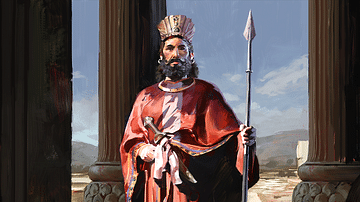
Article
Cyrus the Great's Conquests
The estimated expanse of the Achaemenid Empire at its height c. 500 BCE was two million square miles. Most of this territory was conquered by Cyrus the Great, the founder of the Empire, who reigned from 559 to 530 BCE, the fourth king in...

Article
Early Muslim Conquests (622-656 CE)
Islam arose as a religious and socio-political force in Arabia in the 7th century CE (610 CE onwards). The Islamic Prophet Muhammad (l. 570-632 CE), despite facing resistance and persecution, amassed a huge following and started building...
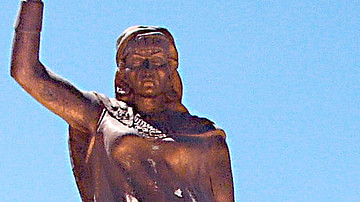
Definition
Kahina
Kahina (7th century CE) was a Berber (Imazighen) warrior-queen and seer who led her people against the Arab Invasion of North Africa in the 7th century CE. She is also known as al-Kahina, Dihya al-Kahina, Dahlia, Daya, and Dahia-al-Kahina...
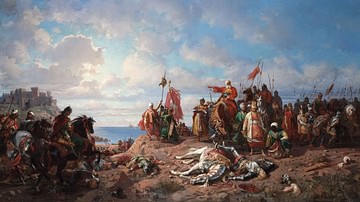
Article
Battles & Conquests Of The Ottoman Empire (1299-1683)
Spanning across three continents and holding dominance over the Black and Mediterranean Seas, the Ottoman Sultanate (1299-1922) was a global military superpower between the 15th and 17th centuries. From the point of its inception in 1299...

Video
Art This Week-At the Dallas Museum of Art-Inca: Conquests of the Andes
This week, we visit the Dallas Museum of Art and our interviewer, Aimee Cardoso, speaks with The Ellen and Harry S. Parker III Assistant Curator of the Arts of the Americas, Kimberly Jones, about the exhibition, Inca: Conquests of the Andes/Los...
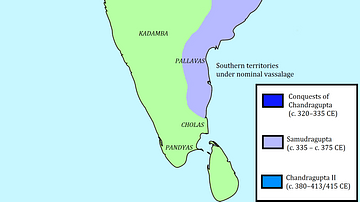
Image
Gupta Empire and Conquests
This map shows the conquests made by Gupta rulers in the 4th century CE and early 5th century CE. Of these three rulers—Chandragupta I, Samudragupta and Chandragupta II—Samudragupta’s conquests are the most important and the most extensive...
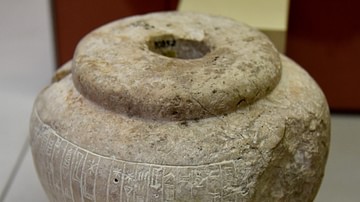
Image
Votive Head Mace of La-arab, King of Gutium
This partially mutilated head mace was inscribed with an Akkadian cuneiform script, which mentions that this stone head mace is a votive offering dedicated by La-arab, king of Gutium. Although they left little evidence of their rule, it appears...

Image
Roman Coin of Philip the Arab
A Roman Antoninianus coin from the reign of Marcus Julius Philipus, otherwise known as Philip the Arab, r. 244-249 CE.
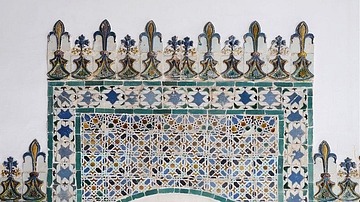
Image
Arab Room Tiles, Sintra Palace
Islamic ceramic tiles in the Arab Room in the Sintra palace (Palácio Nacional de Sintra), Portugal. King Manuel I of Portugal (r.1495-1521 CE) imported azulejos (glazed ceramic tiles) from the Alhambra palace in Granada, Spain to decorate...